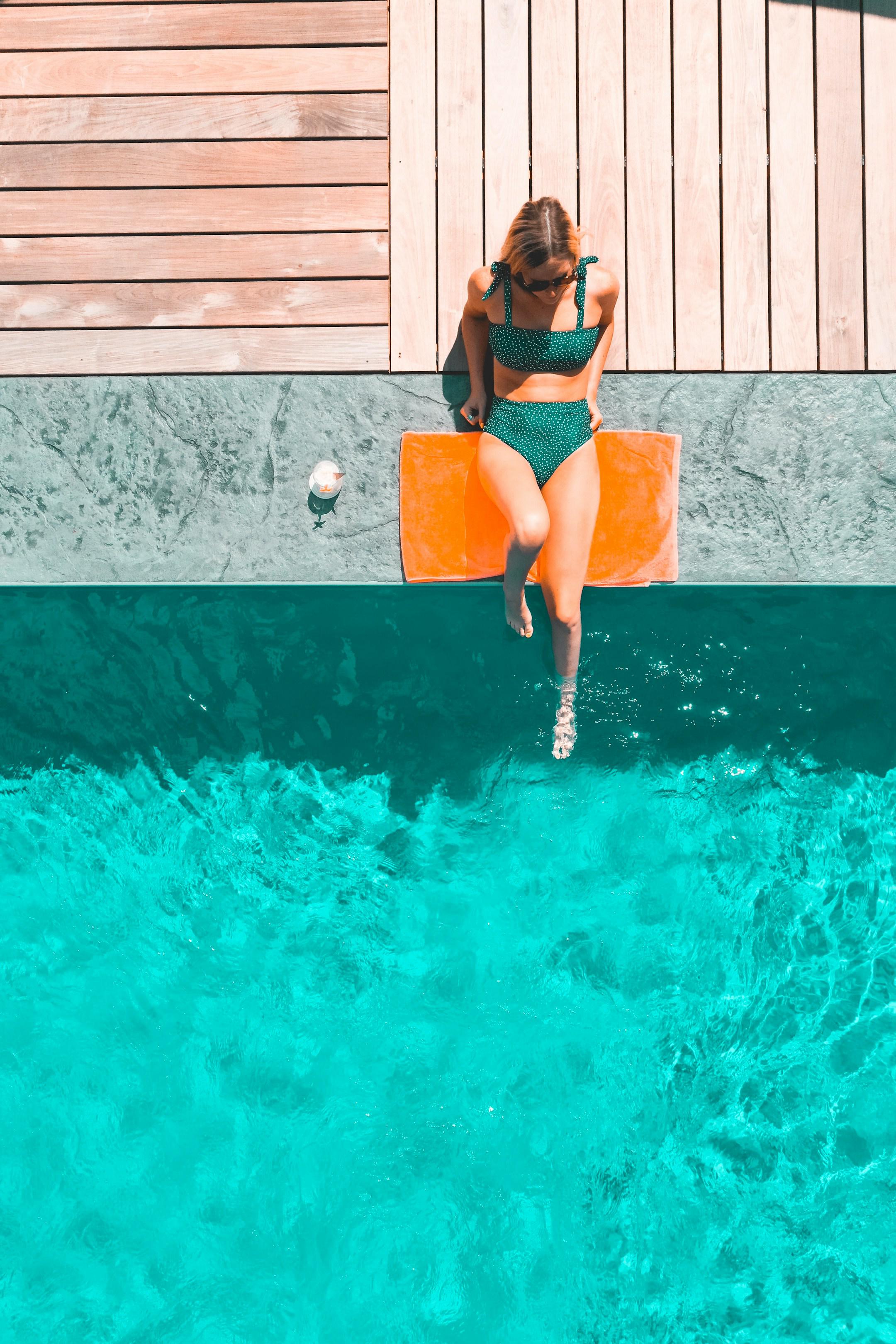Are you considering installing new pool equipment but unsure whether to do it yourself or hire a professional? Opting for professional pool equipment installation offers numerous benefits that can save you time, money, and headaches in the long run.
In this blog post, we will discuss the advantages of having a professional do your pool equipment installation and why it's the best choice for ensuring optimal performance and longevity of your pool equipment.
Benefits of Professional Pool Equipment Installation
Having a professional handle your pool equipment installation has several advantages. First, professionals have the expertise and experience to ensure that your equipment is installed correctly and in accordance with industry standards. This means that your pool equipment will function at its best, ensuring optimal performance and longevity. Additionally, professional installers can access the necessary tools and equipment to complete the installation efficiently and effectively, saving you time and hassle.
Furthermore, when you have a professional install your pool equipment, you can have peace of mind knowing that the job is being done right. This can help prevent potential issues and costly repairs down the line and ensure that your pool equipment operates safely. Overall, choosing a professional for your pool equipment installation can help ensure that your investment is protected and that you can enjoy your pool worry-free.
Reasons to Choose a Professional for Your Pool Equipment Installation
When it comes to installing pool equipment, it's important to choose a professional for the job. A professional installer will have the knowledge and experience to properly set up and connect your pool equipment, ensuring that it functions efficiently and safely. They understand the technical aspects of the installation process and can troubleshoot any potential issues that may arise during the installation.
Additionally, hiring a professional for your pool equipment installation can save you time and hassle. Instead of trying to figure out the installation process on your own, a professional installer can take care of everything for you, allowing you to sit back and relax while they handle the job with precision and expertise. This peace of mind is invaluable, as it ensures that your pool equipment is installed correctly the first time, saving you from potential headaches down the line.
Professional Equipment Installation Process
The installation of pool equipment, such as pumps, filters, heaters, and other accessories, typically involves several steps. Here's a general overview of how professionals might approach the installation process:
Preparation:
- Assess the location: Determine the best location for installing the pool equipment, considering factors like accessibility, proximity to the pool, and safety regulations.
- Gather tools and equipment: Collect all the necessary tools and equipment required for the installation process, including wrenches, screwdrivers, PVC glue, pipe cutters, and electrical tools.
Placement:
- Install the pump: Position the pool pump on a stable, level surface near the pool. Ensure that it is positioned correctly to allow for proper water flow and easy maintenance access.
- Install the filter: Mount the filter in a location close to the pump, ensuring that it is securely attached and properly aligned with the pump inlet and outlet.
- Install other equipment: Depending on the specific requirements of the pool, install additional equipment such as heaters, chlorinators, and automatic pool cleaners.
Plumbing:
- Connect pipes: Use PVC pipes and fittings to connect the pool equipment together in the appropriate configuration. Ensure that all connections are tight and properly sealed to prevent leaks.
- Install valves: Install valves at strategic points in the plumbing system to control the flow of water and facilitate maintenance tasks such as backwashing the filter.
Electrical Wiring:
- Connect electrical components: Wire the pool equipment to the electrical supply according to the manufacturer's instructions and local electrical codes. This may involve connecting the pump, heater, and any other electrical components to the power source using appropriate wiring and connections.
- Ensure safety: Install ground fault circuit interrupters (GFCIs) and other safety devices as required to protect against electrical hazards.
Testing and Commissioning:
- Check for leaks: Conduct a thorough inspection of the plumbing connections to ensure that there are no leaks. Pressurize the system and check for any signs of water leakage.
- Test equipment operation: Start up the pool equipment and test each component to ensure that it is functioning correctly. Check for proper water flow, heating, and filtration.
- Adjust settings: Calibrate the equipment settings as needed to achieve optimal performance and water quality.
- Provide instructions: Once the installation is complete, provide the pool owner with instructions on how to operate and maintain the equipment properly.
Cleanup and Finalization:
- Secure components: Ensure that all components are securely fastened and properly positioned.
- Clean up: Remove any debris and leftover materials from the installation site, leaving it clean and tidy.
- Final inspection: Conduct a final inspection to verify that the installation has been completed to the required standards and specifications.
Trust a Professional Pool Company
For the best of the best pool equipment companies, choose BlueWater Pools. With decades of experience and a stellar reputation, we are ready to transform your pool. Get in touch with us today to learn more.

 Bluewater Pools
Bluewater Pools